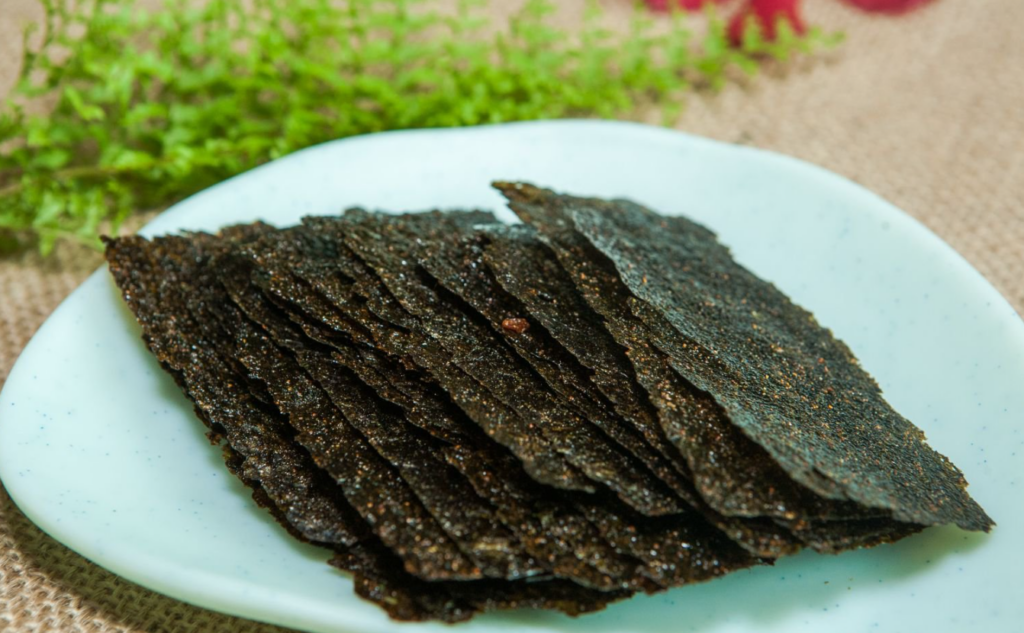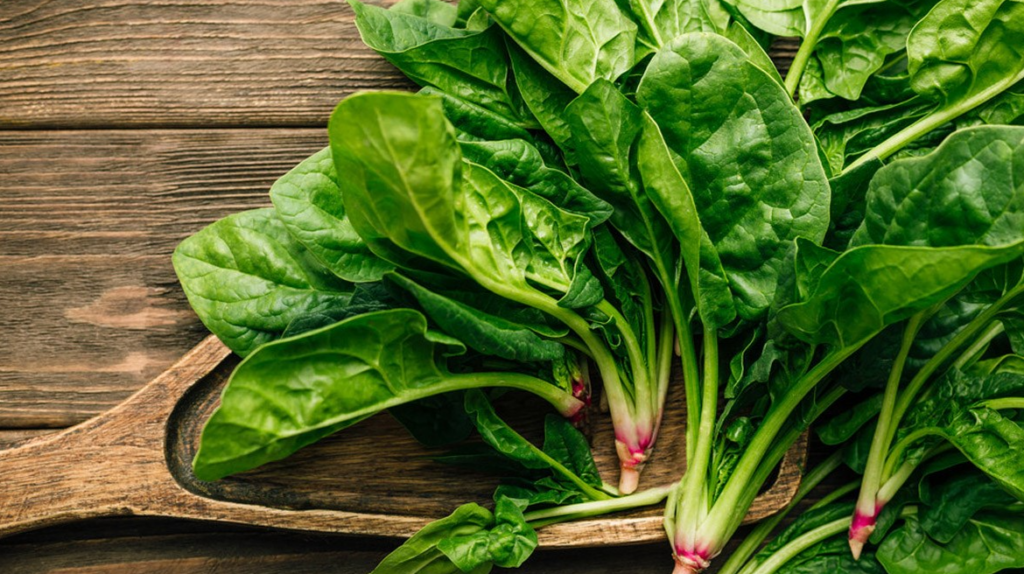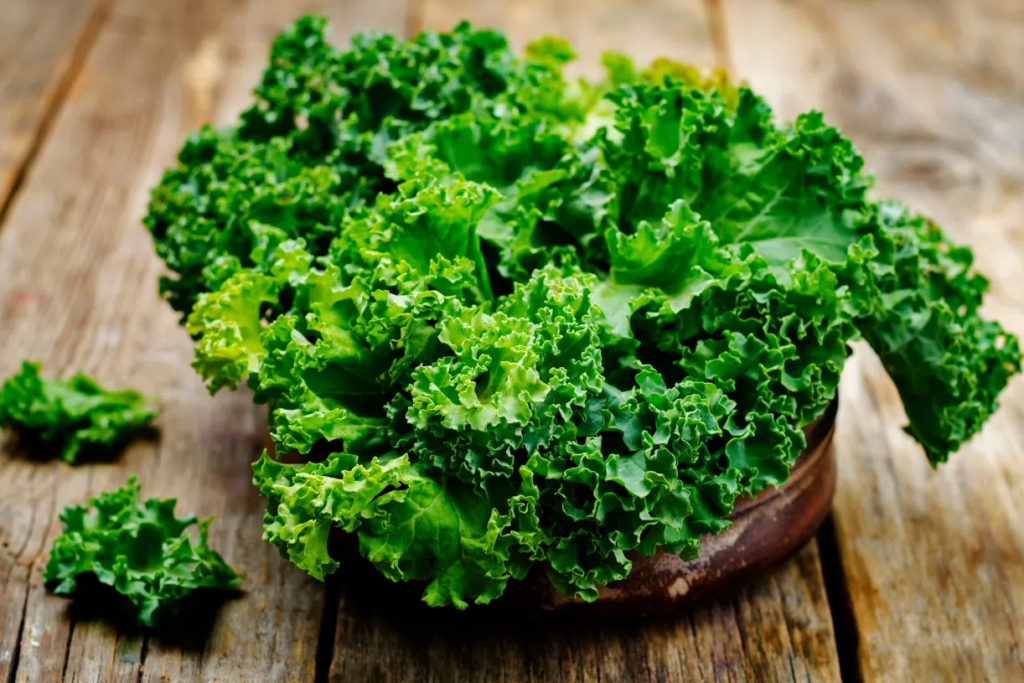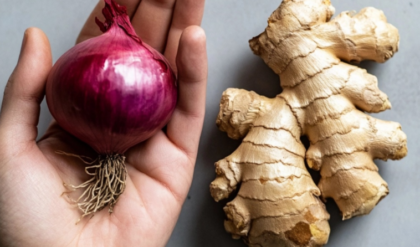With age, eye health can often decline, leading to issues like dry eyes, cataracts, and blurry night vision. While many consider these changes an inevitable part of aging, the right nutrients can help maintain and even protect vision. Here, we explore five remarkable leaves packed with essential nutrients to support eye health.
1. Nori (Seaweed)

Nori, a seaweed often featured in Japanese cuisine, is an unexpected but potent ally for eye health. Rich in omega-3 fatty acids, Nori helps maintain the fatty layer of the tear film, essential for eye lubrication. Omega-3s have been shown to reduce the risk of age-related macular degeneration and cataracts by up to 30%. They also help prevent abnormal blood vessel formation in the retina, particularly beneficial for those managing diabetes or high blood pressure.
If Nori is difficult to find, other omega-3-rich foods like salmon, sardines, flaxseeds, chia seeds, and olive oil are also excellent sources.
2. Spinach

Known for its high levels of lutein and zeaxanthin, spinach provides powerful antioxidants that act as natural sunscreens for the eyes. These compounds filter harmful blue light and protect eye tissues from sun-related damage. Spinach’s antioxidants reduce free radicals, decreasing the risk of cataracts and age-related macular degeneration.
Spinach is also rich in vitamins A and C and the mineral zinc. Vitamin A is crucial for corneal health and supports optimal function of the optic nerve and retina, aiding in night vision. Zinc supports retinal structure and may help prevent night blindness.
3. Broccoli

Broccoli shares many of spinach’s eye-supporting properties, making it another excellent choice. Packed with vitamin A, lutein, zeaxanthin, and vitamin C, broccoli helps maintain a healthy cornea and retina. Vitamin A aids in pigment production in the retina and improves light absorption, crucial for clear vision.
Broccoli also provides vitamin E and zinc, essential in protecting the eyes from oxidative stress. Together, these nutrients help shield the eyes from damage and support clear vision and overall eye function.
4. Kale

Kale, another nutrient-dense leafy green, offers impressive benefits for eye health. Like spinach and broccoli, kale is rich in lutein, zeaxanthin, vitamins A and C, and zinc. Vitamin C is particularly beneficial as it supports ocular structure integrity and guards against oxidative damage. The aqueous humor—the fluid in the eye—contains high concentrations of vitamin C, essential for eye health.
Regular kale consumption provides a boost of vitamin E, a powerful antioxidant that protects the macula, lens, and eye muscles, reducing the risk of cataracts and shielding the eyes from age-related decline.
5. Orapronobis (Pereskia aculeata)

Though less well-known, Orapronobis is a leaf with remarkable benefits for eye health. Rich in lutein, zeaxanthin, vitamins A, C, E, and zinc, this leaf supports comprehensive eye health. Vitamin E, in particular, strengthens eye muscles and preserves macular health, helping prevent conditions like presbyopia (age-related farsightedness) and blurred vision.
Orapronobis is also rich in folic acid and iron, which contribute to overall wellness and eye health. This nutrient combination helps protect the eyes from oxidative stress and premature aging, promoting better long-term vision.
Tips for Preparing and Consuming These Leaves
To maximize their eye health benefits, avoid overcooking these greens, as excessive heat can reduce their nutrient content. Light steaming or sautéing is ideal to preserve valuable compounds. For instance, spinach should be cooked until just wilted, while broccoli should be lightly steamed to maintain its bright color and crunch.
For variety, incorporate these leaves into salads, smoothies, or as sides to main meals. Pairing these nutrient-dense greens with healthy fats like olive oil or avocado enhances the absorption of fat-soluble vitamins A and E.
With balanced, consistent intake, these five leaves—Nori, spinach, broccoli, kale, and Orapronobis—can support vision health and help prevent age-related decline. For personalized guidance, especially if you have specific vision concerns, consult a healthcare professional.
Inspired by these tips? Share this article with your friends!




